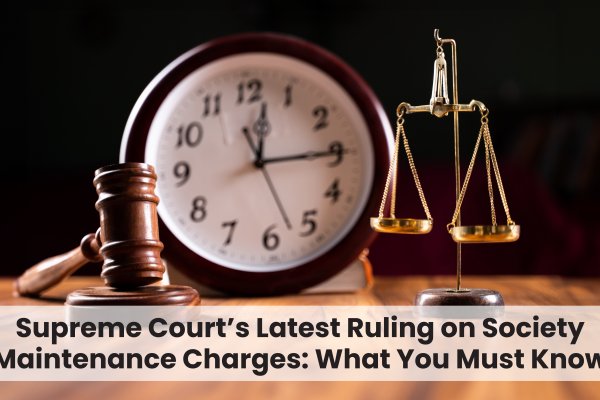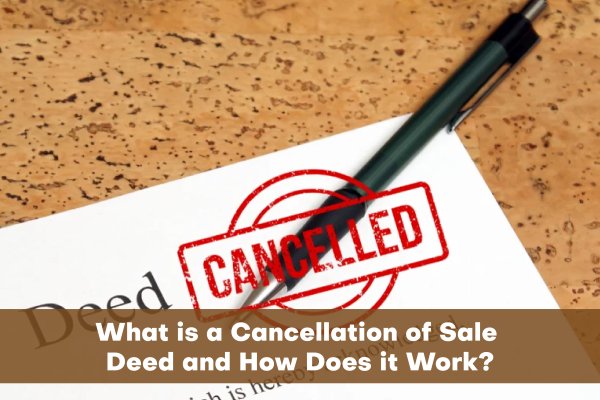Land registration is a key legal step for homebuyers in Tamil Nadu. Many people invest months deciding on location and amenities. Yet, often, fees for land registration in Tamil Nadu are not clearly explained by builders. Homebuyers may face surprise charges when signing final documents.
Understanding land registration charges in Tamil Nadu helps homebuyers plan their budget more accurately. It also builds trust between homebuyers and builders. Real estate builders should break down the stamp duty and registration fee at the outset and advise on the required documentation.
Transparency from the builder side means homebuyers can avoid confusion and delays. In this blog, we cover all key aspects of land registration fees and whether builders provide clear guidance.
What is Land Registration in Tamil Nadu?
Land registration in Tamil Nadu is a formal process conducted at the Sub-Registrar Office, where ownership is recorded in the government registry. This ensures legal recognition of the homebuyer’s title to the land or property. After registration, the homebuyer gains legal protection against disputes and clearer proof of ownership.
Real estate builders often assist, but ultimate responsibility for official registration lies with the homebuyer and seller. Understanding how land registration works is essential for homebuyers before finalising any purchase.
Land Registration Charges in Tamil Nadu
Land registration fees in Tamil Nadu include two main components:
- Stamp Duty: Charges are set by the government at 7% of the property’s higher value of market rate or guideline value
- Registration Fee: Charged at 4% of that same value
Combined, homebuyers pay around 11% extra for official land registration. For instance, a property valued at ₹50 lakh will require ₹3.5 lakh toward stamp duty and ₹2 lakh for the registration fee. Certain cases like gifts between family members or partition deeds may benefit from lower rates, often 1% each, subject to maximum limits.
Women homebuyers registering property up to ₹10 lakh may also receive a reduced registration rate. Recent changes effective from June 2025 specify that guideline values must include both built-up area value and undivided land share, which may raise cost calculations.
Documents Required For Land Registration In Tamil Nadu
Real estate builders should explain these documents clearly to homebuyers:
- Sale Deed: Signed and executed deed between builder and homebuyer.
- Encumbrance Certificate: Proof that the property is free from loans or legal claims.
- Patta: In case of individual plot transactions.
- Property Tax Receipt: To confirm taxes are paid up to date.
- ID Proof: Aadhaar card or PAN card for both the homebuyer and the seller.
- Address Proof: Current address documentation for all parties.
- No Objection Certificate (NOC): From society or municipal body if required.
- Approved Building Plan: Essential for new apartment or home constructions.
Builders who clearly share this checklist with homebuyers help them avoid delays and organise the process efficiently.
Are Builders Transparent About Land Registration Fees?
Transparency varies greatly among builders. Many legitimate builders will provide a cost sheet that lists:
- Stamp Duty: Amount based on declared property value
- Registration Fee: Separately stated
- Concessions: Any reduced rates applicable
- Payment Process: Timeline and venue for official submission
This clarity allows homebuyers to include these fees when budgeting and plan funds ahead. Builders who hesitate to share fee details may confuse legitimate costs with additional charges or include them later as unexpected payments.
Some builders may rely on unofficial undervaluation of property values. While this lowers stamp duty in the short term, it may expose homebuyers to legal risk later if government auditors find underreporting. Clear info and breakdown help avoid such risks and ensure homebuyers know they are paying the correct official amount.
Why Clarity on Fees Matters to Homebuyers
Homebuyers invest significant sums in property. Hidden charges during registration may upset financial planning and erode trust in the builder. When land registration fees in Tamil Nadu are explained transparently:
- Total Budget: Homebuyers can plan costs accurately
- Timely Payment: Fewer chances of delay or penalty
- Legal Compliance: Correct documentation and fees ensured
Fee clarity benefits both parties. Builders who help upfront detail homebuyers feel confident and respected.
Tips For Homebuyers: Confirming Registration Fees
Here are practical steps for homebuyers:
- Cost Sheet: Confirm stamp duty and registration are separate line items.
- Verify Rates: Use the official Tamil Nadu government website for accurate information.
- Cross-check Values: Compare the builder’s figure with the guideline values.
- Document Copies: Keep payment slips and receipts.
- Builder Walkthrough: Ask them to explain each step of the process.
Making Wise Financial Decisions Before Homebuying
Clear communication about land registration fees in Tamil Nadu makes a real difference for homebuyers. At Casagrand, we prioritise transparency at every step. Official charges, such as stamp duty and registration fees, are calculated based on whichever is higher: the market value or the guideline value. Many homebuyers may not be aware of these nuances, and that is where we step in.
Right in the middle of the homebuying journey, we provide complete clarity. We break down each cost component, offer detailed cost sheets early, and guide our customers through every document. This helps them budget confidently, avoid legal hurdles, and complete the registration process without delays.
At Casagrand, we believe that every homebuying journey should be transparent, fair, and secure.


















